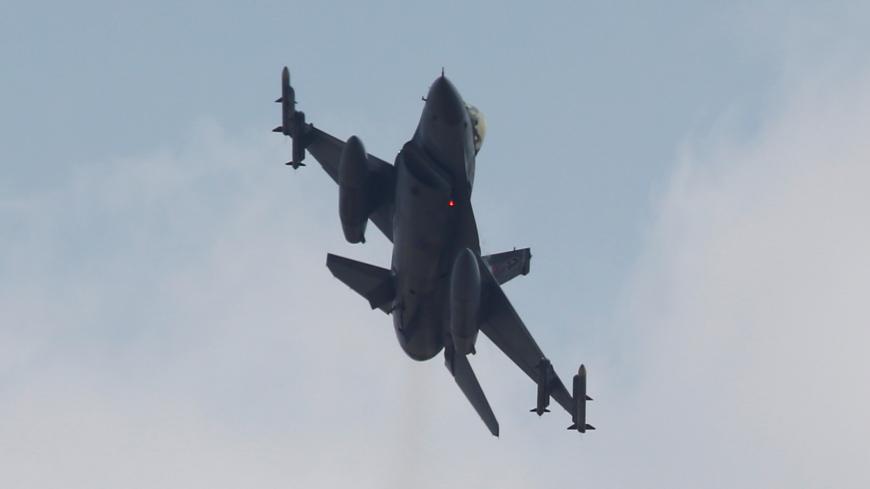If you asked me what was the top lesson Turkey learned from its two major operations in Syria — Euphrates Shield and Olive Branch — my answer without hesitation would be, “Don’t enter Syria unless you are sure of air superiority.” Both operations taught Ankara that close air support provided by F-16s, armed drones and attack helicopters to protect Turkish forces on the ground and to maintain the operational tempo are vital against enemy elements equipped with well-fortified posts, tunnels, anti-tank missiles, improvised explosive devices, snipers, conventional armor and massive indirect fire support with howitzers and multiple rocket launchers.
Turkey is well aware that a military operation in northeast Syria for Turkish soldiers to hold their ground and then advance requires, from time to time, opening Syrian airspace to the Turkish air force. During Operation Olive Branch, Ankara received substantial support from Russia involving airspace. Moscow was able to regulate the pace of the Olive Branch operation by occasionally closing Syrian airspace to the Turkish air force. Moscow’s closure of Afrin airspace to Turkish planes between March 18-24 allowed Kurdish People’s Protection Units (YPG) elements to withdraw from Afrin to Tel Rifaat without being targeted by the Turkish air force.



